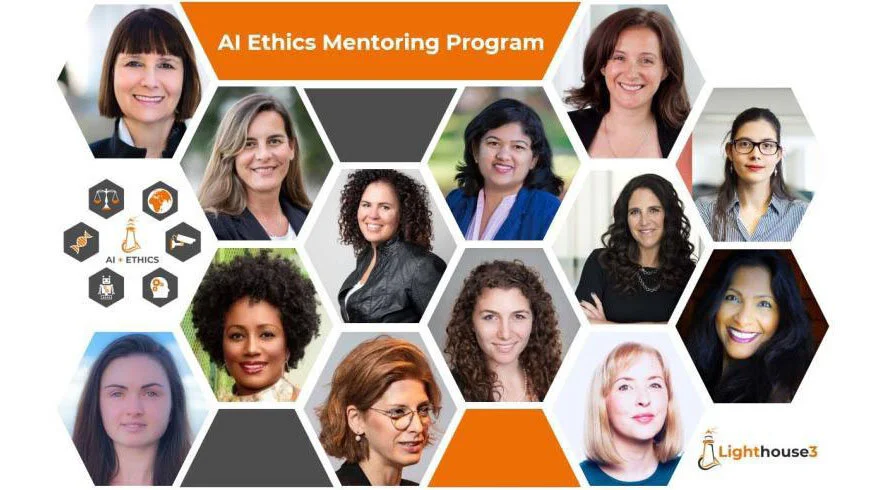In a counterexample based approach to conformant planning, choosing the right counterexample can improve performance. We formalise this observation by introducing the notion of “superiority” of a counterexample over another one,that holds whenever the superior counterexample exhibits more tags than the latter. We provide a theoretical explanation that supports the strategy of searching for maximally superior counterexamples, and we show how this strategy can be implemented. The empirical experiments validate our approach.
Read MoreAlban Grastien and Sylvie Thiébaux attended the AI, Ethics and Society conference in New York on 7-8 February in New York City as a side event of the AAAI conference on AI.
Read MoreChelle was recently invited to become the Women in AI Ethics (WAIE) Regional Lead for Australia. Women in AI Ethics is a global network based on Recognition, Representation, and Empowerment.
Read MoreThrough in-depth interviews with AI practitioners in Australia, this paper examines perceptions of accountability and responsibility among those who make autonomous systems. We find that AI practitioners envision themselves as mediating technicians, enacting others’ high-level plans and then relinquishing control of the products they produce. Findings highlight “ethics” in AI as a challenge that distributes among complex webs of human and mechanized subjects.
Read MoreProfessor Toni Erskine, HMI Discovery Lead, presented at the workshop on 'Military Applications of AI, International Security, and Arms Control', hosted by the United Nations Institute for Disarmament Research, convened by David Danks (Carnegie Mellon University), Paul Meyer (Simon Fraser University), and Giaocomo Paoli (UNIDIR). The workshop was held on the 30th and 31st of January 2020 in Santa Monica, California.
Read MoreSylvie Thiébaux, The Australian National University, Australia, Elected AAAI Fellow, 2020 for significant contributions to algorithms and applications of planning and scheduling, and service to the AI community.
Read MoreEpidemic models and self-exciting processes are two types of models used to describe diffusion phenomena online and offline. These models were originally developed in different scientific communities, and their commonalities are under-explored. This work establishes, for the first time, a general connection between the two model classes via three new mathematical components.
Read MoreThis impact-driven project funded by the Minderoo Foundation will produce concrete solutions (including model legislation) to regulate the use of AI by government agencies and public officials. It aims to ensure that Australia is an ‘action-leader’ in the race to ensure that AI is democratically and constitutionally legitimate.
Read MoreThe phenomenon of virtual child pornography requires us to radically reconceive our understanding of three core concepts: (i) what it means to be an image; (ii) what it means to be an image of a child; and (iii) what it means to be a sexual image of a child.
Read MoreIn Kate Crawford’s talk ‘AI and Power: From Bias to Justice’, she called for us to move away from obsessing about biases and instead find paths towards justice and enforce limits on the centralised powers that dominate the majority of technology.
Read MoreI offer a multi-faceted conceptual framework for the explanation and the interpretations of algorithmic decisions, and I claim that this framework can lay the groundwork for a focused discussion among multiple stakeholders about the social implications of algorithmic decision-making, as well as AI governance and ethics more generally.
Read MoreFrom 2019, Professor Toni Erskine, Discovery Lead, has served on the Advisory Group for the Google/United Nations Economic and Social Commission for Asia and the Pacific (ESCAP), ‘AI for the Social Good’ Research Network, administered by the Association for Pacific Rim Universities.
Read More











